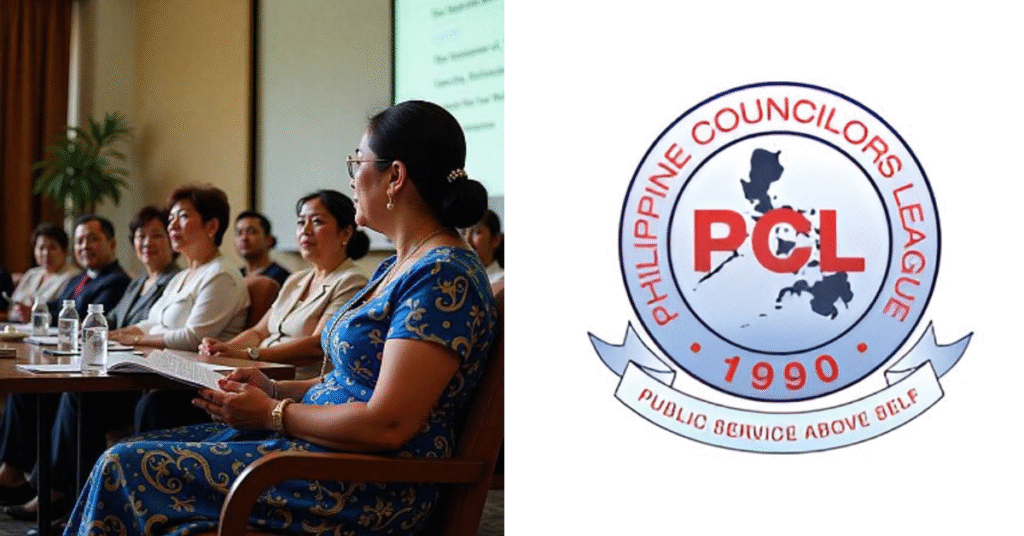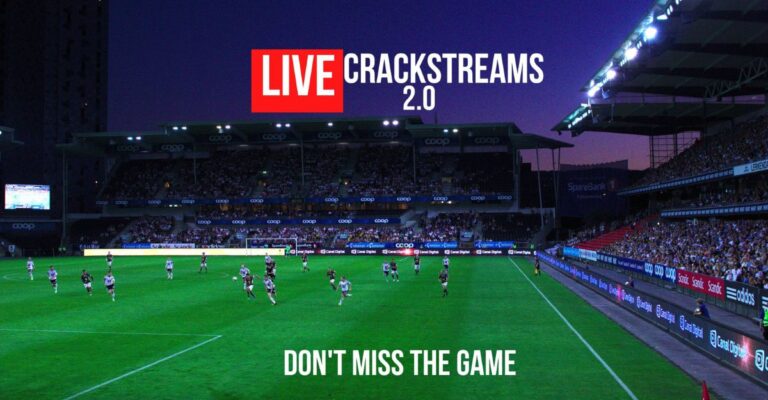Understanding the Role of the Philippine Councilors League (PCL) in Strengthening Local Government Legislation and Governance Across the Country

The Philippine Councilors League (PCL) is one of the largest and busiest local government organizations in the Philippines. It represents thousands of elected councilors from cities and municipalities around the nation. Increasing public service, strengthening ties between local politicians, and improving laws are all critical components of the PCL’s mission to promote effective governance. Through collaborations, national gatherings, and training initiatives, the Philippine Councilors League seeks to ensure that every local councilor can contribute significantly to the advancement of the nation.
What is the Philippine Councilors League?
The Philippine Councilors League is a national organization that unites all of the country’s city and municipal councilors. Its primary goal is to increase the capabilities of local legislators by providing them with guidance, training, and forums for collaboration and communication. With more than 17,000 members as of right now, the PCL is one of the most well-known organizations in the nation’s local governance structure.
There is no political bent to the group. Instead, it places a strong emphasis on moral leadership, career advancement, and drafting legislation that benefits communities. It helps to bridge the gap between local government and the national framework by giving councilors a unified voice.
History and Founding
Shortly after the Local Government Code of 1991 went into force, the PCL was created. The need for coordinated councilor collaboration grew as a result of this historic law, which granted local governments more authority and autonomy. The League was established to give councilors a formal network through which they could exchange best practices, go to pertinent training, and coordinate their regional initiatives with more general national objectives.
The Philippine Councilors League has changed since its inception to accommodate the evolving needs of local government. It has actively participated in national consultations, disaster response coordination, lawmaking, and the digital modernization of legislative offices.
Roles and Responsibilities
Among the duties of the League are the following:
- Legislative Education and Training: Philippine Councilors League organizes conferences, workshops, and online courses to educate members on public service ethics, budget creation, local legislation, and community involvement.
- Policy Advocacy: It supports the proposal of local and federal policy changes that address the needs of communities and towns, such as modernizing outdated regulations or providing funding for construction projects.
- Representation: By speaking up for local councilors in Congress and federal agencies, the PCL makes sure that their views are heard when significant policy decisions are being made.
- Cooperation: It collaborates with national agencies, international organizations, and non-governmental organizations to give local governments funding and innovative ideas.
Organizational Structure
To guarantee appropriate representation in every region, the PCL has a clearly defined structure:
- The National Executive Board is composed of the national president, vice presidents from Mindanao, Visayas, and Luzon, as well as the secretary-general, treasurer, and national spokesperson.
- Regional Directors: Oversee provincial and local affairs while acting as representatives for each region.
- Chapter Presidents: Lead councilor groups at the city or municipal level and coordinate with national leaders.
This structure makes it possible to plan and deliver programs more efficiently that address both local and national issues.
Key Programs and Initiatives
The Philippine Councilors League is known for its active role in professional development. It regularly launches new initiatives aimed at building the skills of local legislators. Some of its most important programs include:
- Capacity-Building Seminars: These focus on legislative writing, leadership development, community planning, and finance.
- E-Governance Projects: The League supports digitization to improve transparency and service delivery in local councils.
- Youth Involvement Campaigns: Encourages the participation of young leaders in local governance.
- Sustainability Programs: Promotes green governance and climate resilience planning for LGUs.
These programs allow councilors to stay updated with trends, laws, and technologies shaping governance in the 21st century.

National Conventions and Events
Thousands of delegates attend the PCL’s annual and mid-year national conventions. These gatherings provide local officials with opportunities for cooperation, celebration, and education. Typically, they include:
- Plenary addresses by senior government representatives
- recognizing exceptional councilors and initiative.
- Conversations in groups about urgent local and national topic.
- Networking events and exhibit booths
In addition to national gatherings, the League works with its chapters to organize local seminars and regional assemblies.
Partnerships and Advocacy
The League collaborates closely with organizations such as the Local Government Academy (LGA), the Union of Local Authorities of the Philippines (ULAP), and the Department of the Interior and Local Government (DILG). It also works with international organizations like the UNDP and USAID to incorporate international standards into local governance.
PCL advocates for inclusive policies, moral leadership, and data-driven governance. Meetings concerning modifications to national policy that affect LGUs are frequently attended by its executives.
Contact Information
For inquiries, collaborations, and membership assistance, here’s how you can reach the Philippine Councilors League:
- Office Address: DILG-LGA Building, EDSA Corner Quezon Avenue, Quezon City, Metro Manila
- Phone: (02) 1234-5678 / +63 917 888 9999
- Email: pcl.secretariat2025@gmail.com
- Social Media: Facebook and Instagram – @PhilippineCouncilorsLeague
- Business Hours: Monday to Friday, 9 AM – 5 PM (Closed on weekends and holidays)
Conclusion About Philippine Councilors League
There is more to the Philippine Councilors League than just elected officials. It is the impetus behind many positive advancements in local government. Through its wide-ranging program, capable leadership, and nationwide network, the PCL helps to develop policies that improve the quality of life for Filipinos in cities and towns across the nation. Its commitment to empowering local leaders remains a cornerstone of both good governance and national development.
FAQs About Philippine Councilors League
Q: What is the Philippine Councilors League’s (PCL) primary objective?
The Philippine Councilors League was founded in order to support and improve the skills of all elected city and municipal councilors in the Philippines. Supporting efficient local governance through national representation, collaboration, education, and training is its primary goal.
Q: Who can become a member of the Philippine Councilors League?
All duly elected councilors from Philippine cities and municipalities are automatically admitted to the PCL. The group brings together over 17,000 local lawmakers and provides them with tools, training, and forums to improve the delivery of public services.
Q: What are some of the most significant programs offered by the PCL?
The PCL provides a range of programs, including partnerships for sustainable development, youth involvement campaigns, digital governance projects, national conventions, and legislative training seminars. These initiatives seek to improve councilors’ abilities and better meet the needs of the community.
Q: What are the potential advantages of the PCL for local government units (LGUs)?
The PCL helps LGUs by giving their councilors access to both local and foreign resources, leadership skills, and technical knowledge. It encourages legislation that benefits LGUs and makes it easier to incorporate modern practices like e-governance and environmental planning.






